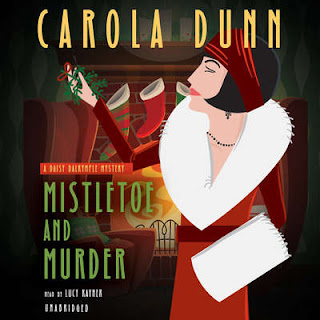by
Jackie King
Each
person has certain God-given creative talents. Some are born with wonderful
singing or speaking voices. Others emerge with nimble fingers, able to play
musical instruments or sing on -key. I like to think that I, and many of my
current friends, have been blessed with the ‘writer-gene.’ These are all creative
gifts and whether realized or not, everyone has been endowed with some variety
of this type of DNA. (Perhaps I should add, “IMO,” in order to “CMA.”) J
These
talents might include cooking, gardening, decorating or other types of arty
knacks that are sometimes considered to be of a practical nature. Nonetheless,
these creative talents.
 |
| Comment from a teenage daughter: "Holy freaking cow! Mom made homemade Croissants with strawberry syrup and cinnamon rolls for breakfast!" |
Along
with artistic type endowments, we also have innate or practical talents. I have
always longed for the housekeeping/organizing ability. But sadly, I do not. While
some folks have files, I’m one of those pitiful types who have piles. If I file
something, it’s forever lost to me. If I sort papers into stacks, then I’m able
to locate what I’m searching for, although not as efficiently.
Luckily
for me, I gave birth to a natural-born organizing guru! My youngest daughter,
Jennifer, can find and make order out of any sort of chaos.
My
closet, for example.
A
while back she brought order to the closet from hell within two hours. My help
consisted of standing by, wringing my hands, and pleading, “Could we have a ‘maybe’ pile?”
After
Jennifer had performed her magic and gone back to her own house and family, I
drove to Goodwill and donated a trunkful of clothes for slimmer women, along
with matching shoes and purses.
You’re
probably wondering what this has to do with writing and with Murder Most Foul. I’m
about to get around to that.
Yesterday
evening I was drawn again and again to admire my homogeneously and color-coded
walk-in. How did she do that? I
wondered.
Then
I realized that this was pretty much the reaction I receive from some of my longtime
friends and my relatives about my published books. “However did you make a
story out of that?” they say. Or, “Where do you come up with your idea?” Or, “I
never thought you’d be able to write a real
mystery.” (Translation: one that people would pay money to read.) J
Sometimes
I’m not sure how I manage this feat, either. I only know that I feel compelled
to keep trying. I do know, though, as I sit in a restaurant waiting for an
order, I’m looking over my fellow diners and noting their hand movements,
facial expressions, and the way they walk. All of this will be fodder for
developing characters. My daughter sits at the same table and watches the food
being served to nearby people, trying to dissect how the recipes were prepared.
One of her creative passions is cooking.
Isn’t
it wonderful that God didn’t make us like Jello, all in exactly-alike molds?
Instead He chose to craft everyone as unique, each with her or his very own and
very special creative talents.
 |
| Woman learning to paint |
 |
| Writer editing work |




















